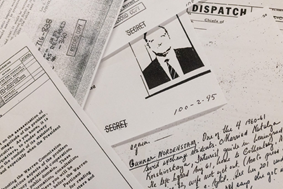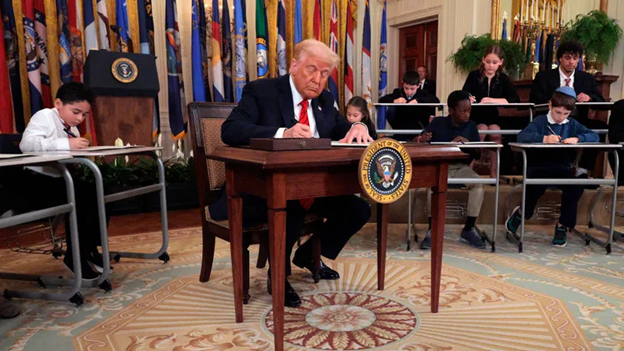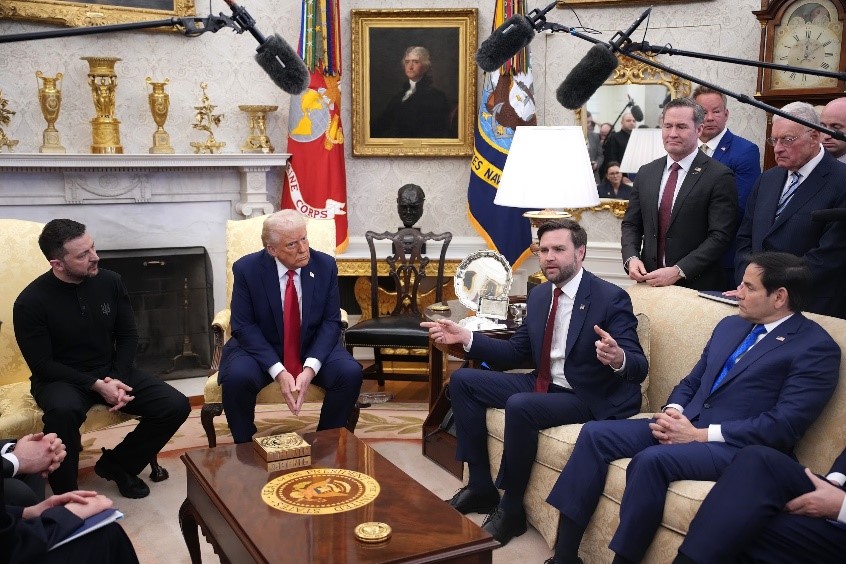More than 60 years after the assassination of President John F. Kennedy, the U.S. government released what officials claim is the final major batch of classified documents tied to the case. The National Archives made over 60,000 pages public, in compliance with the 1992 JFK Records Act, which required the eventual release of all assassination-related documents.
Among the most significant revelations are unredacted CIA files detailing surveillance of Lee Harvey Oswald, the alleged assassin, particularly his meetings with Soviet officials in Mexico City. The records reveal how closely U.S. intelligence tracked Oswald in the weeks leading up to the shooting, raising questions about missed opportunities and the depth of Cold War espionage operations.
“I’m interested, more broadly, in what U.S. intelligence agencies knew and didn’t know about his whereabouts in these weeks. That’s maybe the biggest issue for me,” said historian Fredrik Logevall, a Pulitzer Prize-winning professor at Harvard University.
The release has sparked renewed public interest not only for what it shows about Cold War intelligence failures, but also because of its major data breach. The released files included Social Security numbers, birth dates, and other personal information for dozens of individuals still living.
Mira G., a junior at Skyline, said, “I was surprised that there was no system, procedure or law in place to control the process [of releasing the files]. I think this might be due to the specific nature of this case and the lack of precedent.”
Despite the scale of the release, some documents remain withheld for national security reasons. This includes 2,400 records discovered by the FBI in early 2025 that are still under review.
Many hoped the files would put conspiracy theories to rest, and while some researchers argue the new information adds complexity rather than clarity, others disagree.
“I actually think they could help debunk [the theories]. They offer no support to any of the conspiracy theories, but in detailing the CIA investigation into Oswald before the assassination, perhaps add more circumstantial evidence against him,” said Mrs. Bede, who teaches IB History of the Americas at Skyline.
She added, “The implication that some hidden secret was being revealed or that this was some historical bombshell, really reveals more about the current administration than that of Kennedy.”
Though there isn’t agreement on the significance of the release, it still marks a milestone in the nation’s decades-long effort for transparency surrounding one of the most shocking events in American history.
For more information:
The President John F. Kennedy Assassination Records Collection – National Archives
FBI says it found 2,400 new JFK assassination records
JFK files send history buffs hunting for new clues
Declassified JFK files provide ‘enhanced clarity’ on CIA actions, historian says









